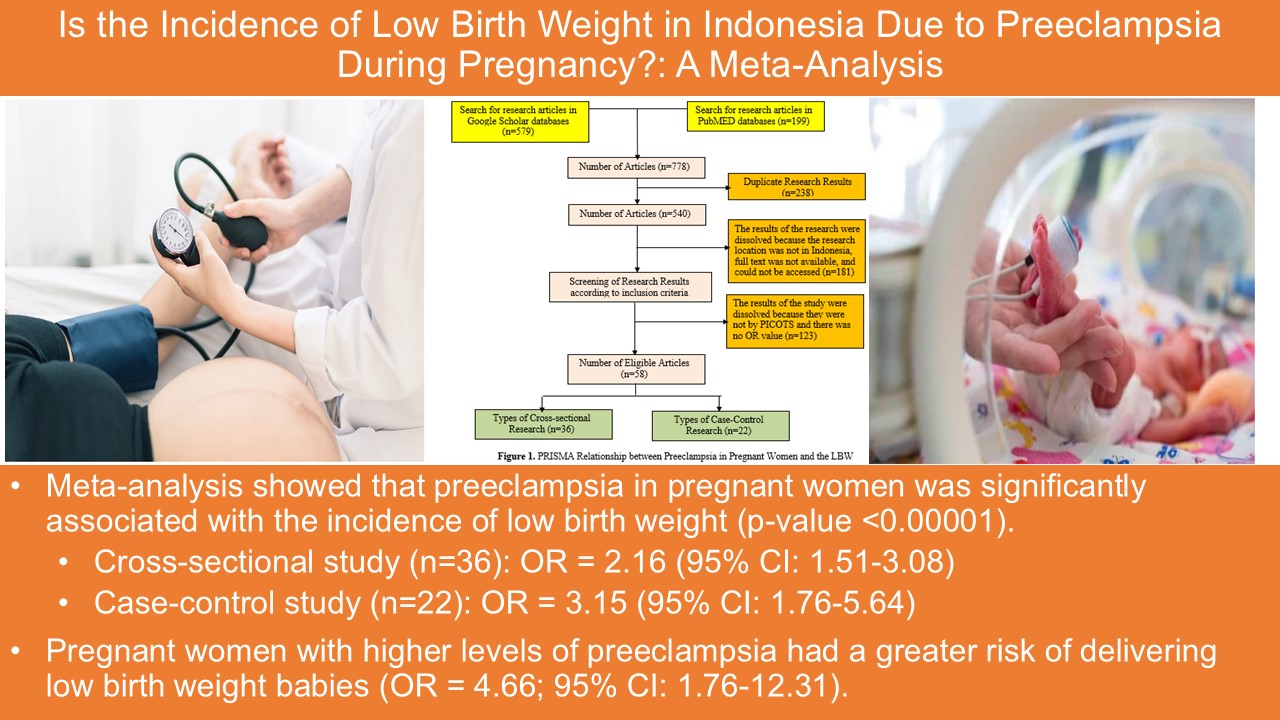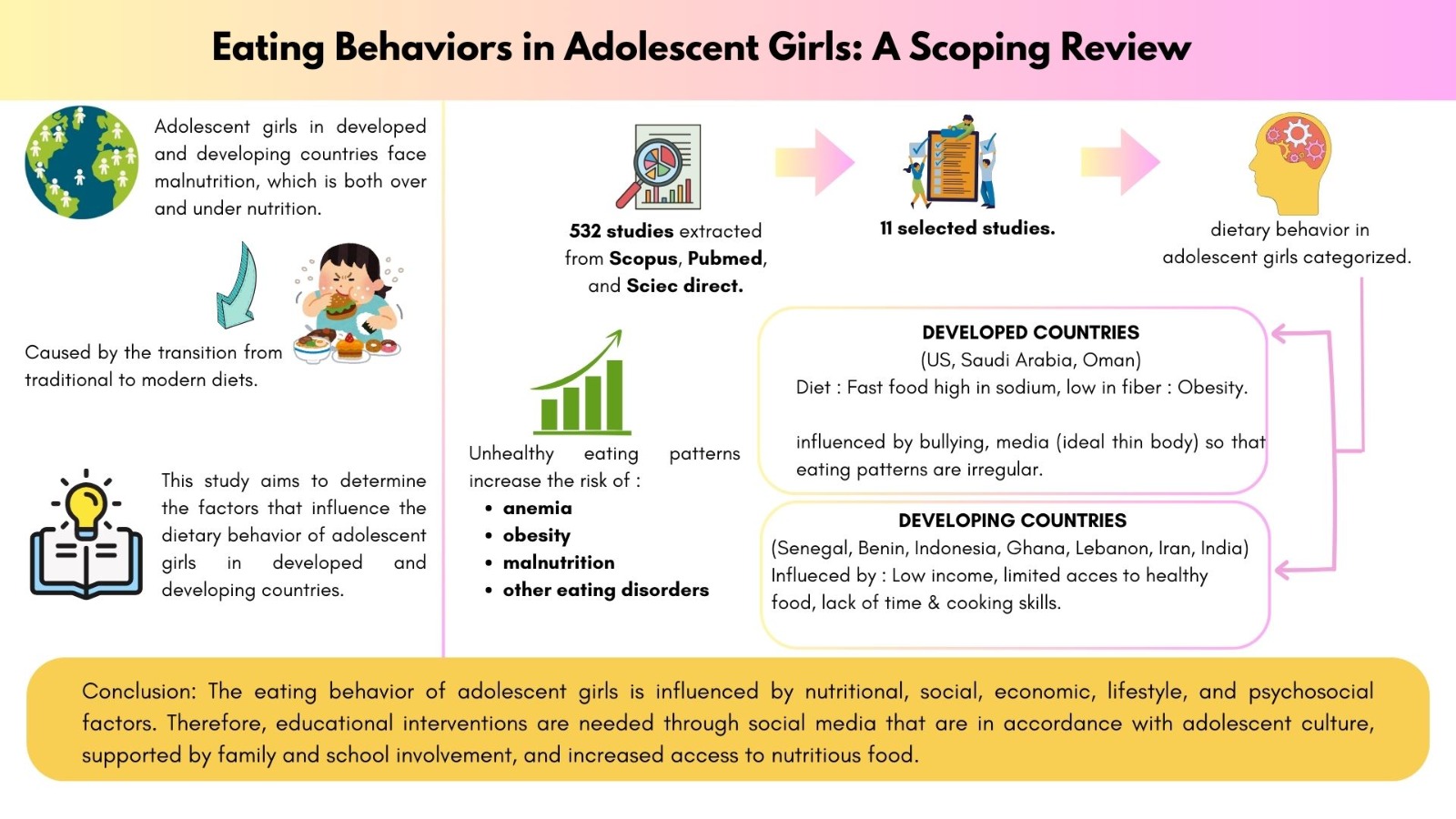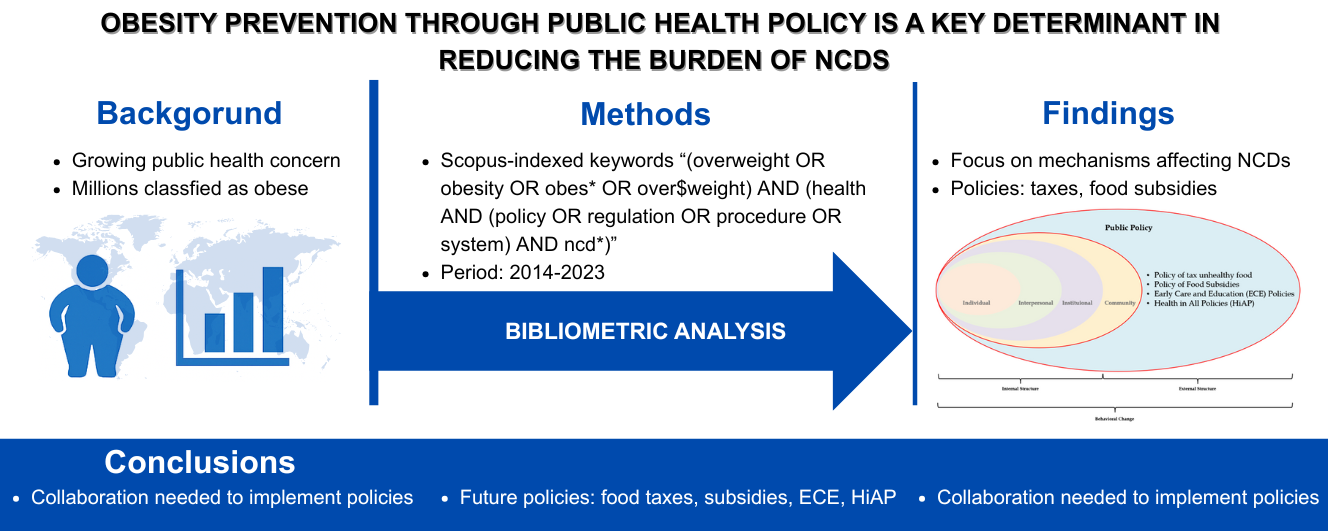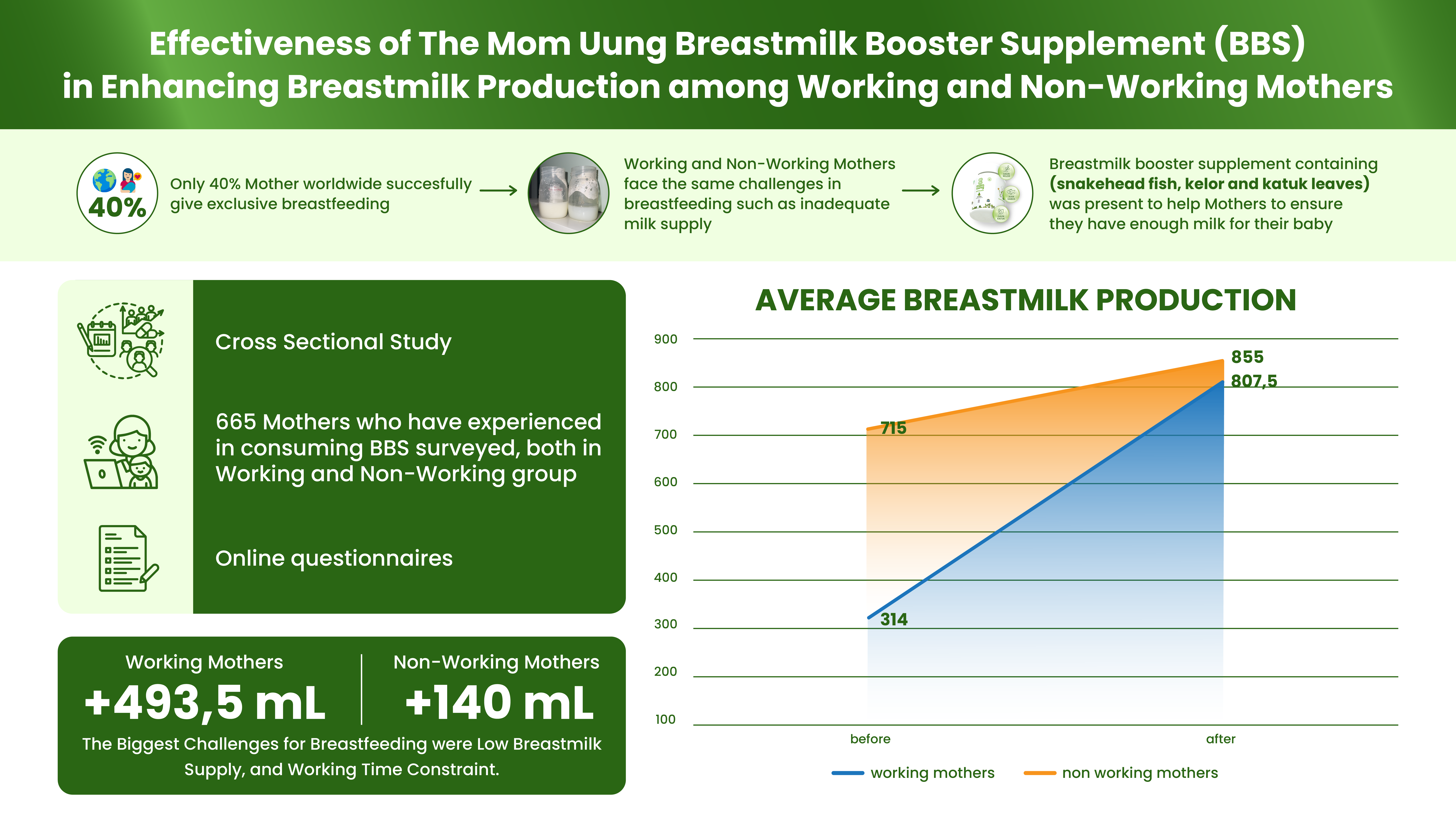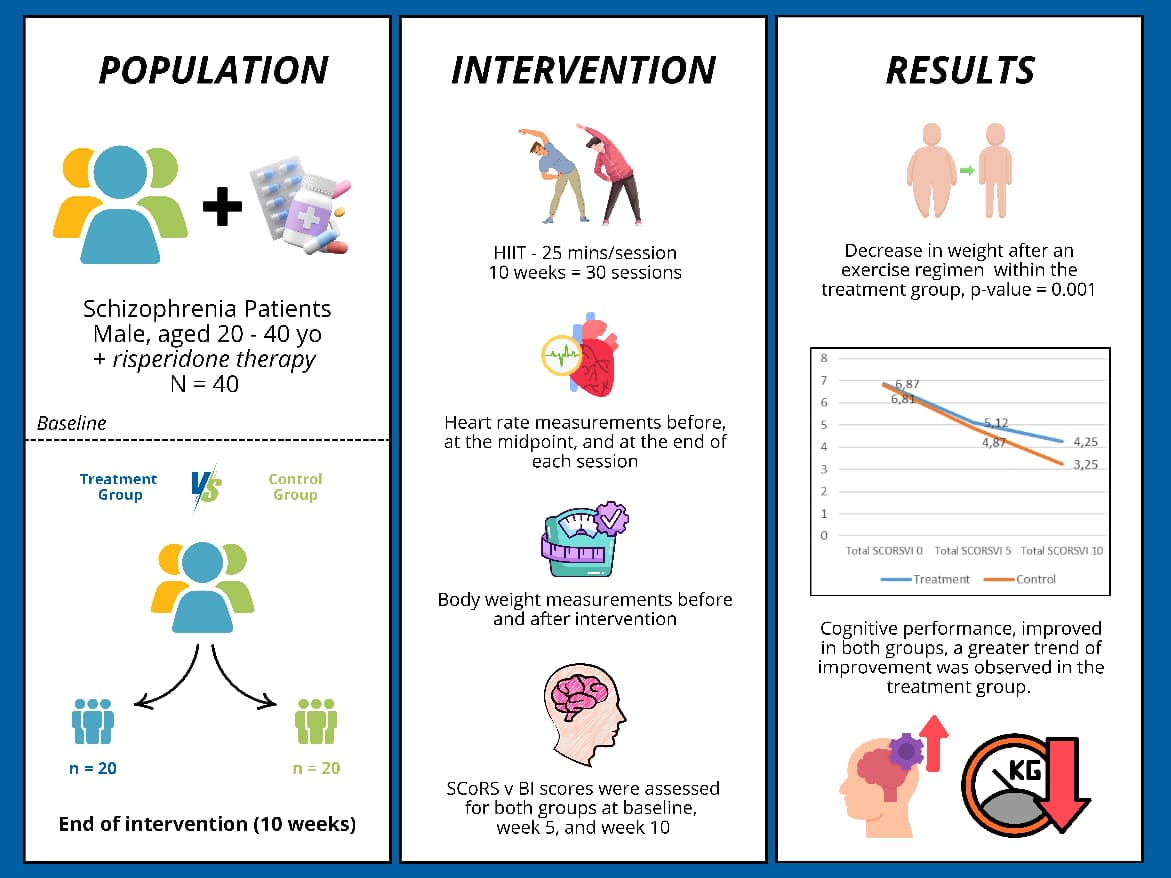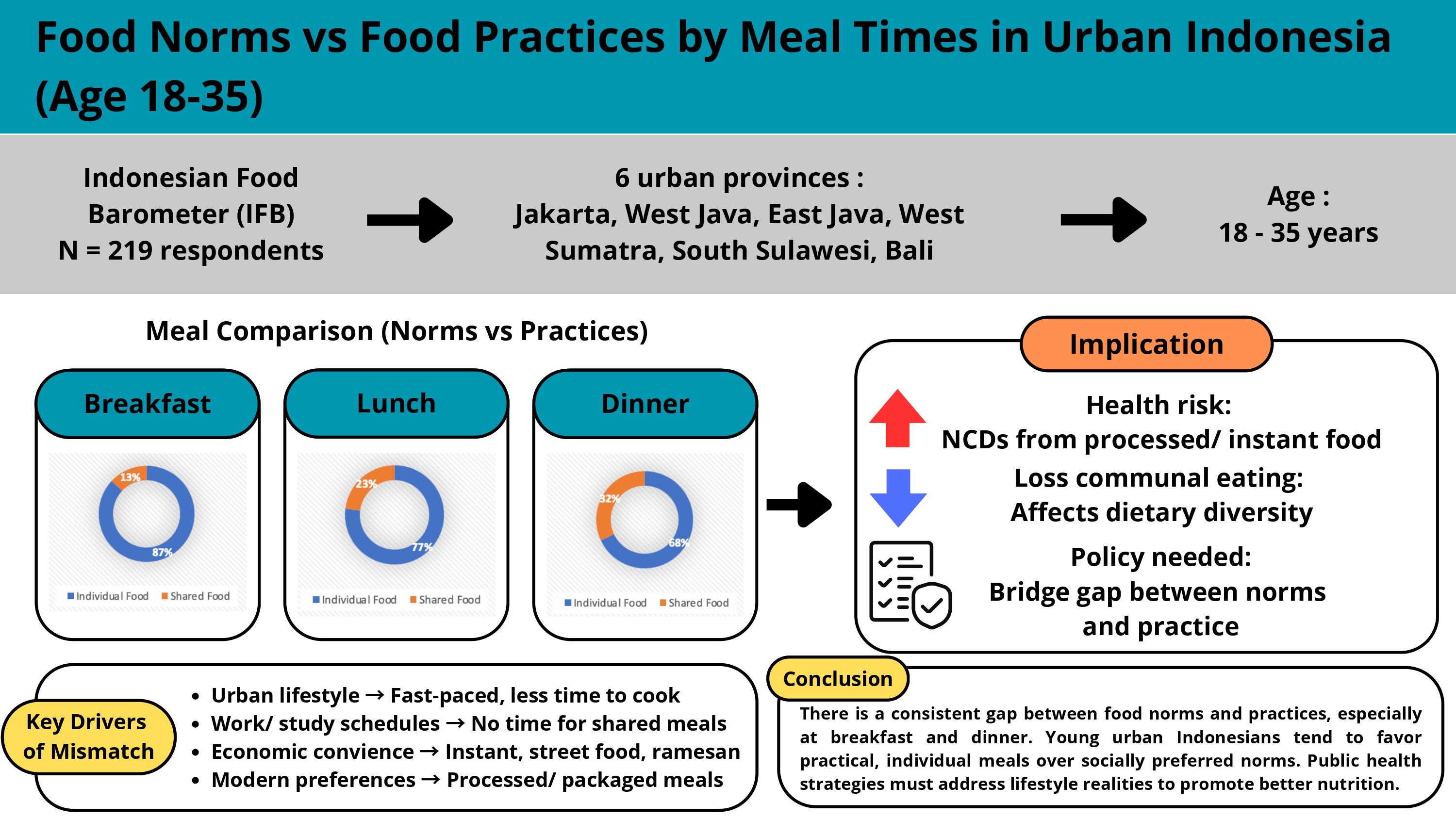The Relationship between Breakfast Habits and Nutritional Status with Learning Achievement in Strada Nawar Bekasi Junior High School Students
Downloads
Learning achievement is a form of evaluation based on the results obtained in the process of gaining knowledge. Learning achievement can be influenced by various factors, both environmental and health factors, such as breakfast habits and nutritional status. The aim of this research was to analyzed the relationship between breakfast habits and nutritional status with learning achievement in junior high school students. This study was an analytical observational research using a cross-sectional study design. The research was conducted at Strada Nawar Bekasi Junior High School from September to December 2022 with the sample being students from grades VII and VIII. The sample was chosen randomly using proportionate random sampling with a total of 81 students based on inclusion and exclusion criteria. The data collected include height and weight through anthropometric measurements, interviews breakfast habits using the SQ-FFQ form, and student report cards for the last semester. The data obtained was then tested with SPSS software using Chi-square test analysis. The results showed that there were students with good breakfast habits (77.8%), overnutritional status (40.8%), and good learning achievement (48.1%). From this research, it was found that there was a relationship between breakfast habits (p-value = 0.041) and there was no relationship between nutritional status (p-value = 0.190) with learning achievement. It was concluded that the good of breakfast habits is directly proportional to the student's learning achievement and there is no relationship between nutritional status and student's learning achievement.
Adolphus K., Lawton C.L., Champ C.L., Dye L. 2016. The Effects of Breakfast and Breakfast Composition on Cognition in Children and Adolescents: A Systematic Review. Adv. Nutr. 7:590S–612S. doi: 10.3945/an.115.010256
Al-Mahrezi A, Al-Futaisi A, Al-Mamari W. 2016. Learning Disabilities: Opportunities and challenges in Oman. Sultan Qaboos Univ Med J. 16(2):e129-31
Amrin SH. 2014. Relationship of breakfast habit and supplement consumption with hemoglobin status among adolescent girls in 10th state senior high school in Makassar [dissertation] Makassar: Hasanuddin University.
Arida, A., Sofyan, & Fadhiela, K., 2015. Analisis Ketahanan Pangan Rumah Tangga Berdasarkan Proporsi Pengeluaran Pangan dan Konsumsi Energi (Studi Kasus pada Rumah Tangga Petani Peserta Program Desa Mandiri Pangan di Kecamatan Indrapuri Kabupaten Aceh Besar). Agrisep, 16(1): pp. 20–34.
Bishnoi, S., Malik, P., and Yadav, P. 2020. A Review of Effects of Working Mothers on Children's Development. In Singh, P. 2020. Research Trends in Home Science and Extension. pp.41-56. Delhi, India: AkiNik Publications
Clarke, T. 2020. Children's wellbeing and their academic achievement: The dangerous discourse of ‘trade-offs' in education. Theory and Research in Education, 18(3): pp.263–294
Damara, C.D. and Muniroh, L. 2021. Breakfast Habits and Nutrient Adequacy Level of Snacks is Correlated with Nutrition Status Among Adolescent in SMPN 1 Tuban. Media Gizi Indonesia. 16(1): pp.10-16
Delley, M., Brunner, TA. 2019. Breakfast eating patterns and drivers of a healthy breakfast composition. Appetite, 137: pp.90-98,
Ernadi, E., & Ilmi, M.B., 2020. Kebiasaan Sarapan Sebagai Determinan Prestasi Belajar Siswa MTs Nurul Falah Juai Kabupaten Balangan. Jurnal Kesehatan Masyarakat, 7(2): pp.85–88.
Gibney MJ, Barr SI, Bellisle F, Drewnowski A, Fagt S, Livingstone B, Masset G, Varela Moreiras G, Moreno LA, Smith J, Vieux F, Thielecke F, Hopkins S. 2018. Breakfast in Human Nutrition: The International Breakfast Research Initiative. Nutrients. 1;10(5):pp.559. doi: 10.3390/nu10050559. PMID: 29723985; PMCID: PMC5986439.
Gil-Espinosa FJ, Chillón P, Fernández-García JC, Cadenas-Sanchez C. Association of Physical Fitness with Intelligence and Academic Achievement in Adolescents. Int J Environ Res Public Health. 18;17(12): pp.4362. doi: 10.3390/ijerph17124362. PMID: 32570741; PMCID: PMC7344740.
Hafiza, D., Utami, A., & Niriyah, S., 2020. Hubungan Kebiasaan Makan dengan Status Gizi pada Remaja SMP YLPI Pekanbaru. Jurnal Ilmu Keperawatan, 9(2): pp.86–96. Tersedia di: <https://jurnal.stikes- alinsyirah.ac.id/index.php/keperawatan/> [diakses tanggal 25 Maret 2022].
Hakim, A., Utami, N., & Arum, M. 2014. Hubungan Asupan Protein dan Status Gizi dengan Prestasi Belajar Siswa SMP Al-Azhar Palu 2014. Jurnal Kesehatan Gizi Masyarakat, 5(2): pp.12-21.
Hanif, E.S., 2016. Hubungan Sarapan dengan Prestasi Belajar pada Mahasiwa Keperawatan Semester 2 pada Modul BSN di UIN Syarif Jakarta Tahun 2016. Skripsi. Universitas Islam Negeri Syarif Hidayatullah.
Hardiyanti, T.D., 2019. Pengaruh Pendapatan dan Gaya Hidup Terhadap Pola Konsumsi Masyarakat Kecamatan Medan Perjuangan. Skripsi. Universitas Islam Negeri Sumatera Utara.
Herdiansyah, H., 2016. Gender dalam Perspektif Psikologi. Jakarta: Salemba Humanika.
Indriasari R, Nadjamuddin U, Arsyad DS, Iswarawanti DN. 2021. School-based nutrition education improves breakfast-related personal influences and behavior of Indonesian adolescents: a cluster randomized controlled study. Nutr Res Pract. 15(5): pp.639-654. doi: 10.4162/nrp.2021.15.5.639. Epub 2021 May 21. PMID: 34603611; PMCID: PMC8446687.
Irdiani W, and Nindya TS. Correlation between the habit of eating breakfast, nutrient intake and nutritional status of female students in SMAN 3 Surabaya. Amerta Nutr. 1: pp. 227–235.
Kesari, A., and Noel, JY. 2023. Nutritional Assessment. StatPearls [Internet]. StatPearls Publishing; Treasure Island (FL)
Laswati, D.T., 2017. Masalah Gizi dan Peran Gizi Seimbang. Agrotech, 2(1): pp.69–73.
Lemeshow, S., 1997. Besar Sampel dalam Penelitian Kesehatan. Yogyakarta: Gadjah Mada University.
Mahbub & Fatih, H.A., 2018. Hubungan Kebiasaan Sarapan Pagi dengan Prestasi Belajar Anak Usia Sekolah di Sekolah Dasar Negeri Kota Bandung. Jurnal Kesehatan Budi Luhur, 11(2): pp.211–219.
Maku, A., Mendri, N.K., & Devianto, A., 2018. Hubungan Antara Status Gizi dengan Prestasi Belajar Anak Sekolah Dasar di SDN Ngringin Depok Sleman Yogyakarta. Caring: Jurnal Keperawatan, 7(1): pp.1–8.
Mardalena, I., 2017. Dasar-dasar Ilmu Gizi dalam Keperawatan: Konsep dan Penerapan pada Asuhan Keperawatan. Yogyakarta: Pustaka Baru Press.
Melgar-Locatelli S, de Ceglia M, Mañas-Padilla MC, Rodriguez-Pérez C, Castilla-Ortega E, Castro-Zavala A, Rivera P. 2023. Nutrition and adult neurogenesis in the hippocampus: Does what you eat help you remember? Front Neurosci. 23;17: pp.1147269. doi: 10.3389/fnins.2023.1147269. PMID: 36908779; PMCID: PMC9995971.
Pinem, L.J., & Safrida, 2018. Analisis Faktor-Faktor Keputusan Pembelian Minyak Goreng Bimoli di Kecamatan Kota Pinang, Kab. Labuhanbatu Selatan. Agriprimatech, 1(2): pp.33–38.
Regulation of the Minister of Health of the Republic of Indonesia Number 41 of 2014 concerning Guidelines for Balanced Nutrition. Jakarta: 2014.
Renita, 2017. Gambaran Pola Makan dan Status Gizi Mahasiswa Baru Program Studi Diploma III Gizi Universitas Muhammadiyah Semarang. Thesis. Universitas Muhammadiyah Semarang.
Rizkyta, T., & Mulyati, T., 2014. Hubungan Kebiasaan Sarapan dengan Kadar Glukosa Darah Remaja Puteri (Studi Penelitian di SMP Negeri 13 Semarang). Journal of Nutrition College, 3(4): pp.723–729.
Sardiman, 2018. Interaksi dan Motivasi Belajar Mengajar. Jakarta: Raja Grafindo Persada.
Sari, P.O., 2019. Hubungan Asupan Zat Gizi, Kebiasaan Sarapan dan Status Gizi dengan Prestasi Belajar Siswa SMP Negeri 26 Batipuh Panjang Kecamatan Koto Tangah Tahun 2019. Skripsi. Sekolah Tinggi Ilmu Kesehatan Perintis Padang.
Scaglioni S, De Cosmi V, Ciappolino V, Parazzini F, Brambilla P, Agostoni C. 2018. Factors Influencing Children's Eating Behaviours. Nutrients. 31;10(6): pp.706. doi: 10.3390/nu10060706. PMID: 29857549; PMCID: PMC6024598.
Schmitt LO, Gaspar JM. 2023. Obesity-Induced Brain Neuroinflammatory and Mitochondrial Changes. Metabolites. 5;13(1):86. doi: 10.3390/metabo13010086. PMID: 36677011; PMCID: PMC9865135.
Schwander, F., Kopf-Bolanz, K.A., Buri, C., Portmann, R., Egger, L., Chollet, M., McTernan, P.G., Piya, M.K., Gijs, M.A.M., Vionnet, N., Pralong, F., Laederach, K., & Vergeres, G., 2014. A Dose-Response Strategy Reveals Differences Between Normal-Weight and Obese Men in Their Metabolic and Inflammatory Responses to a High-Fat Meal. The Journal of Nutrition, 144(10): pp.1517–1523.
Slameto, 2015. Belajar dan Faktor-faktor yang Mempengaruhinya. Jakarta: Rineka Cipta.
Sofianita, N.I., Arini, F.A., & Meiyetriani, E., 2015. The role of nutrition knowledge in determining the breakfast habits of children in Pondok Labu Primary School, Jakarta Selatan. J. Gizi Pangan, 10(1): pp.57–62.
Suendang, T., 2017. Pengaruh Kemampuan Penalaran Matematis Ditinjau dari Perspektif Gender Melalui Pendekatan Open Ended di SMP Patra Mandiri 1 Palembang. Skripsi. Universitas Islam Negeri Raden Fatah.
Sukandar A., 2020. Hubungan Pola Asuh dan Tingkat Pengetahuan Ibu Tentang Pedoman Umum Gizi Seimbang dengan Status Gizi Balita di Desa Gumpang Kec. Kartasura. Skripsi. Universitas Muhammadiyah Surakarta.
Tang, Z., Zhang, N., Liu, A., Luan, D., Zhao, Y., Song, C., & Ma, G., 2017. The Effects of Breakfast on Short-Term Cognitive Function Among Chinese White-Collar Workers: Protocol for A Three-Phase Crossover Study. BMC Public Health, 17(1): pp.92.
Thasim S. 2016. Effect of nutrition education: the use of booklet and social media (Line) to motivation, self-efficacy, and breakfast behaviour among adolescents in 21th and 16th senior high school Makassar [master's thesis] Makassar: Hasanuddin University.
Verdiana, L., & Muniroh, L., 2017. Breakfast Habit Correlate with Learning Concentration among Students at Sukoharjo I Malang Elementary School. Media Gizi Indonesia, 12(1): pp.14–20.
West Java Governor's Decree Concerning Regency/City Minimum Wages in the West Java Province Region in 2022. Bandung.
Wulandari, D. 2015. Pengaruh Tingkat Pendidikan Orang Tua Terhadap Prestasi Belajar Siswa kelas V di SDN Negeri 1 Jagoan Tahun Pelajaran 2014/2015. Naskah Publikasi. Universitas Muhammadiyah Surakarta.

This work is licensed under a Creative Commons Attribution-NonCommercial-ShareAlike 4.0 International License.
- MEDIA GIZI INDONESIA Journal is the copyright owner of all materials published on this website.
- The formal legal provisions for access to digital articles of this electronic journal are subject to the terms of the Creative Commons Attribution-NonCommercial-ShareAlike license (CC BY-NC-SA 4.0), which means that MEDIA GIZI INDONESIA Journal and readers reserve the right to save, transmit media / format, manage in database, maintain, and publish articles as long as it continues to include the name of the Author.
- Printed and published print and electronic manuscripts are open access for educational, research and library purposes. In addition to these objectives, the editorial board shall not be liable for violations of copyright law.


2.png)















